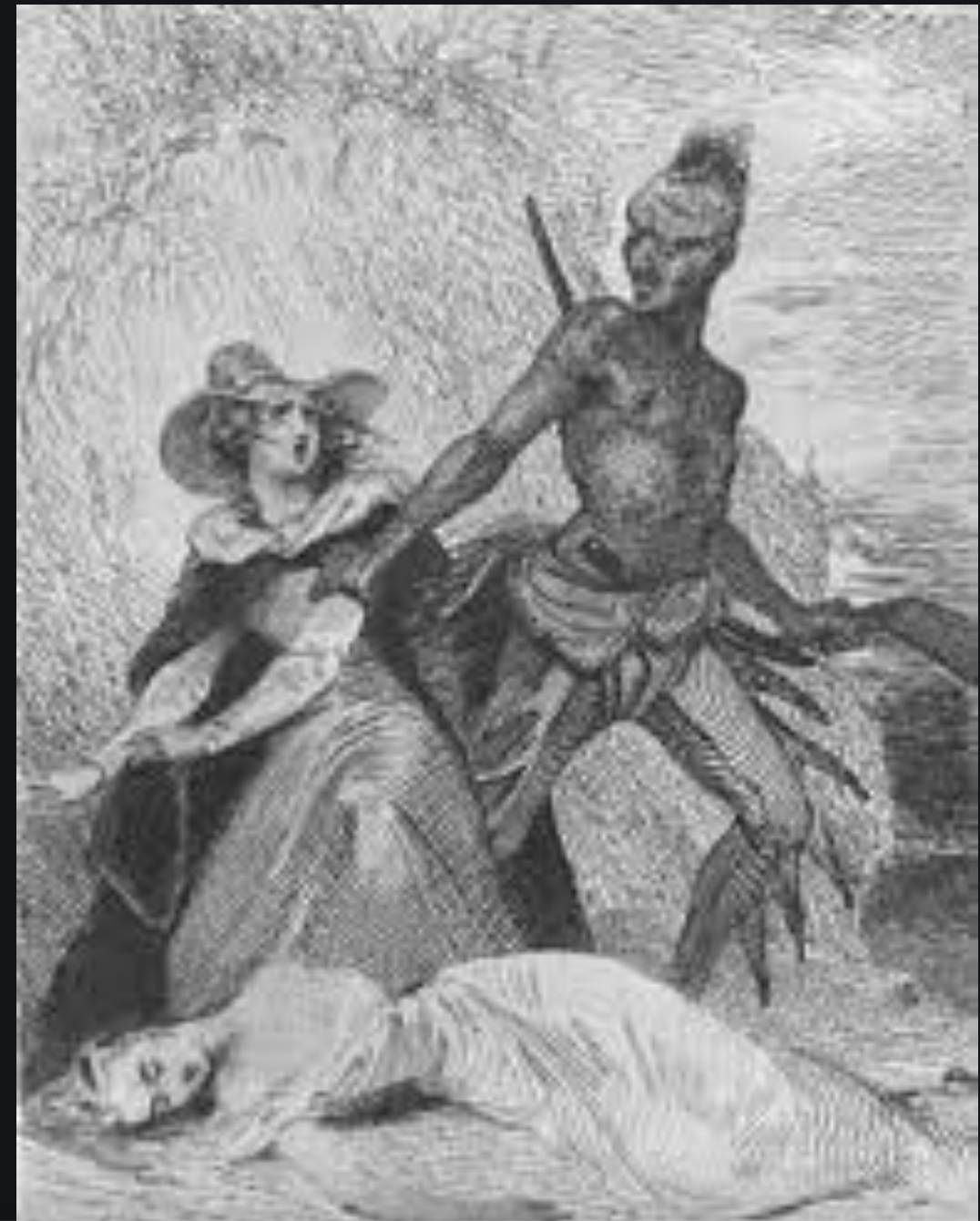Hey, Tonto: F'ck you right back
/The first recorded contact with the Dakota was by Jesuits in 1640, in the area of present-day eastern Wisconsin where they had dwelt for many generations. The nearby Chippewa called them the Oceti Sakowin – “Nadowe-is-iw” – meaning little or treacherous snakes. The French later corrupted the term to “Nadowessioux,” which the English later shortened to “Sioux.”
In 1680 the Lakota (‘tiyospaye’ – extended family) were living further west, on the upper Mississippi in central Minnesota. But the continuing wars between the eastern tribes over the fur trade had driven the Chippewa westward to this area as well. The Chippewas were well-armed by the French, and gradually forced the Oceti Sakowin westward, out of their forest-and-lake range, and onto the Great Plains west of the Mississippi.
By 1750, the Lakota, mostly the Oglala and Brule bands, had moved to the southeastern area of present-day South Dakota, near the Missouri River. Here they encountered the Arikara, and attacked and pushed them out of the area. During the late 1700s to early 1800s, the Lakota came to control the lands in the Black Hills and on the northern plains by the eviction of the Cheyenne and the Crow tribes; areas that would later become western South Dakota, eastern Montana, northern Wyoming and northern Nebraska.
People have been shoving other people off land they wanted since the first hominoid smote his neighbor with the jawbone of an ass. In the Eastern U.S., the paleo-Indians of 15,000 BC were displaced by the Early Archaics, who in turn lost out to successive waves of Early, Middle, and late Woodland Indians.
My ancestors must have evicted someone else when they settled in France, and I’m still a bit irked that the Catholics, in turn, slaughtered most of my people and forced the survivors to flee to first, Holland, and then New Amsterdam, where the existing occupants were politely asked to leave to make room for generations of little Huguenots to come. These things happen.
The point is, welcome to the world. The French aren’t planning to restore the de La Fountaine family’s estates (although if sufficient interest is expressed, we might set up a GoFundMe site), Manhattan’s not going back to descendants of whoever was living there in 9,000 B.C.. You can hole up on a reservation, nursing your grievances and sucking on a whiskey bottle, or you can get a life. But don’t come crying to me about the loss of some land that you occupied for all of 100 years. If that’s your excuse for your continued failure five generations later, you’re just a pathetic loser, incapable of being honest with yourself.
And you’re not my problem.
PSAKING BACK, July 6 Let the Indians tell it
By their own account the Delawares were the oldest of all the aboriginal nations,-Lenni Lenape, the name they gave themselves, meaning "original people." They said that, ages before, their ancestors had come from a far country to the westÂward, where they had dwelt by a great salt sea. After long and weary journeyings during hundreds of moons, they arrived at length at the Namaesi Sipu (the Mississippi), where they met anÂother tribe, the Mengwe, who had likewise just arrived from a land in the far West, and who, like the Delawares, were seeking a more favorable location in the country toward the sun-rising. On the east of the Mississippi these tribes encountered a mighty nation of people, many of whom were giants, and who bore the name of Tallegewi or Allegewi. Their name, according to those who accept the Delaware tradition, still survives in the name Allegheny, as applied to the river and mountains so called. To these A1legewi the Delawares sent messengers asking leave to settle in their land, and were refused, but were told that they could cross the river and settle farther to the eastward. The Delawares accepted this offer, and set forward. But the AlleÂgewi, becoming alarmed at their numbers, determined to drive them back, and furiously attacked those who had already crossed. The Delawares and the Mengwe now united their forces, and after many years of warfare defeated the Allegewi, and divided the country between themselves; the Delawares finally reaching the beautiful valleys of what is now eastern Pennsylvania, New Jersey, and Delaware, where they settled along the river which bears the name afterwards given to it and to them by the white people, while the Mengwe made choice of the country about the Great Lakes to the northward. and then moved eastward along the river known now as the St. Lawrence. Here they ultimately developed into the great league of the Iroquois, of which we shall presently speak.


